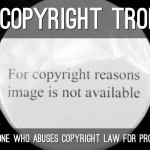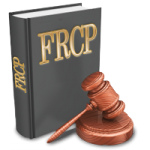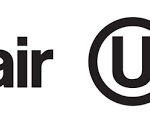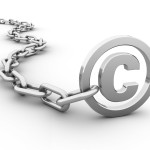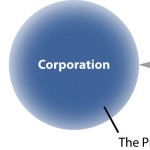Digital Millennium Copyright Act (DMCA)
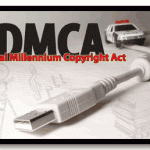
The Digital Millennium Copyright Act (DMCA) The Digital Millennium Copyright Act (DMCA) is a U.S. copyright law that criminalizes production and dissemination of technology, devices, or services intended to circumvent measures (often referred to as digital rights management or DRM) that control access to copyrighted works. The DMCA criminalizes circumventing an access control, whether or not …Read More





